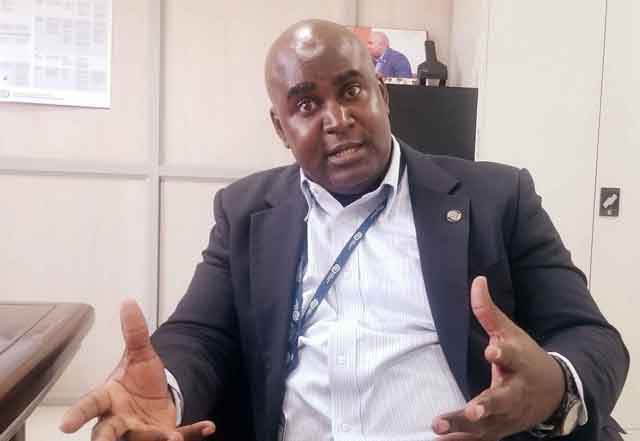
Kampala, Uganda | THE INDEPENDENT | Uganda Revenue Authority is blaming politicization of revenue collection in the Ugandan public, as one of the reasons affecting compliance with tax obligations hence low revenue collections in the country.
Though the amounts collected increase regularly, URA has always failed to achieve its set targets, and these are usually missed by negligible margins. For example, the authority collected 21.6 trillion shillings of the 22.3 trillion set for the last financial year 2021/22, missing the target by 704 billion shillings.
Though the target was missed, revenue collection had increased by 12.4 percent compared to the financial year 2020/21, and this represented 2.3 trillion more money collected.
Reporting on the performance of the authority in the first three quarters of this financial year, URA forecasted a 365.13 billion shillings shortfall off the 25.555 trillion shillings set for it this year.
In a media engagement about the enforcement measures to ensure maximum revenue collection, Ibrahim Bbosa, the URA assistant commissioner for corporate affairs, pointed out that because of politicizing revenue collection, Ugandans lose trust in the tax body, which reduces compliance in the tax base which is already still small.
“Tax collection is hinged on trust, and it has been evident on our part, every time the public doesn’t trust us, the numbers just deep, just like the stock exchange. Some people will conveniently not pay their taxes, because of some political statement about URA or its personalities.”
Bbosa adds that politicking demoralizes the taxpayers, yet URA is just a collector, and many issues are beyond its mandate because they are at the policy level which URA doesn’t formulate.
According to Bbosa, alongside this, there are revenue leakages, some of which are mainly caused by their staff, but he was very optimistic that this will be worked upon based on the internal systems they have built. Others are illicit trading and money laundering which he says they have partnered with other agencies both local and international to put it to the end.
Moses Owino, the manager for enforcement in the central region, says that outright smuggling accounts for 7 percent of the revenue leakages, concealment 1 percent, under declaration at 43 percent, undervaluation at 4 percent, misdeclaration of goods at 1 percent, false documentation 15 percent, other offenses at 29 percent, and all these are mainly because of greed, lack of patriotism, and politicizing revenue collection.
For strict enforcement, the authority indicated that it installed a vehicle tracking system, which is used to monitor both dry and wet cargo coming into Uganda, passing through as well as being exported.
Peter Obbo the supervisor of this monitoring unit, says that with this system, they are equipped with the necessary surveillance information to prevent tampering with this cargo when it is still in transit.
“We receive here signals that a truck had either been diverted, seal tampered with, or seal broken. As we receive such signals, we inform the rapid response unit to follow up on the matter and establish what exactly is taking place, and what to do is next.” He explained.
He adds that this mechanism was installed to drive compliance, and it gives real-time information about what is going on with the cargo in transit.
*****
URN
 The Independent Uganda: You get the Truth we Pay the Price
The Independent Uganda: You get the Truth we Pay the Price



